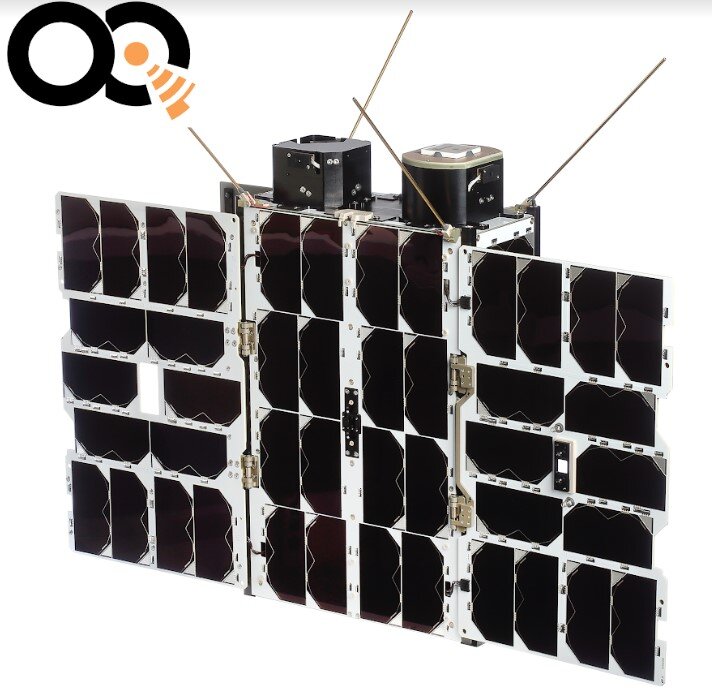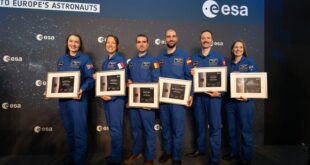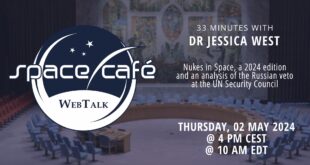
Ibadan, 8 February 2024. – OQ Technology, a global satellite narrowband IoT connectivity operator, has signed a contract with the European Space Agency (ESA) for a feasibility study of Direct-to-Cell connectivity. The Luxembourg Government, under the LuxImpulse program, is funding the contract, as the program aims to foster Luxembourg and European space initiatives through the national space program.
The project aims to look into upgrading OQ’s current satellite 5G NB-IoT RAN NTN technology and payload into a payload that can connect directly to mobile phones and offer messaging and voice services using standard unmodified phones. The current technology and payload allow OQ to connect directly to internet-of-things devices and machines from Low Earth Orbit anywhere in the world. However, connecting to phones introduces challenges with respect to link budget and Doppler effects, especially with wider bandwidths.
The study will consequently look into the requirements of such a system, upgrades to the OQ MACSAT RAN software stack and RF front end, platform upgrades, mission analysis, antenna technology, and identifying the right suppliers for the future system. An important aspect of the study is also identifying new standard direct-to-device frequency bands compatibility with existing devices and modules.
OQ Technology launched its MACSAT 1.0 satellite on 8 October 2023 aboard a Vega rocket (mission VV23) from French Guinea. The satellite has subsequently passed the LEOP phase, and the OQ Luxembourg operations center is ready for the in-orbit commissioning of the NB-IoT payload. Building upon the success of MACSAT, the company is proceeding as part of its technology roadmap to prepare for the future by upgrading the services it offers using advanced 5G Direct-to-Cell technology.





